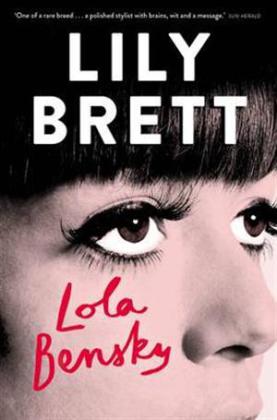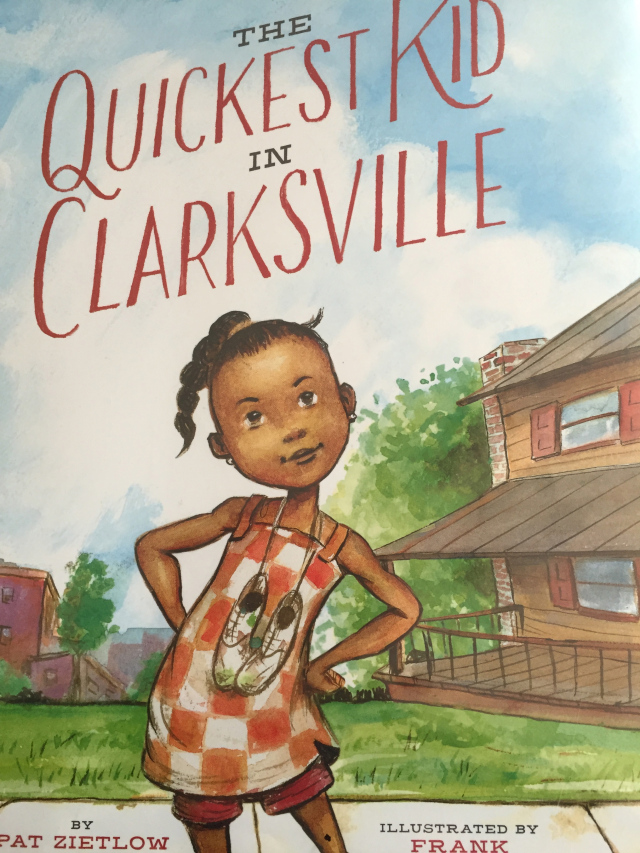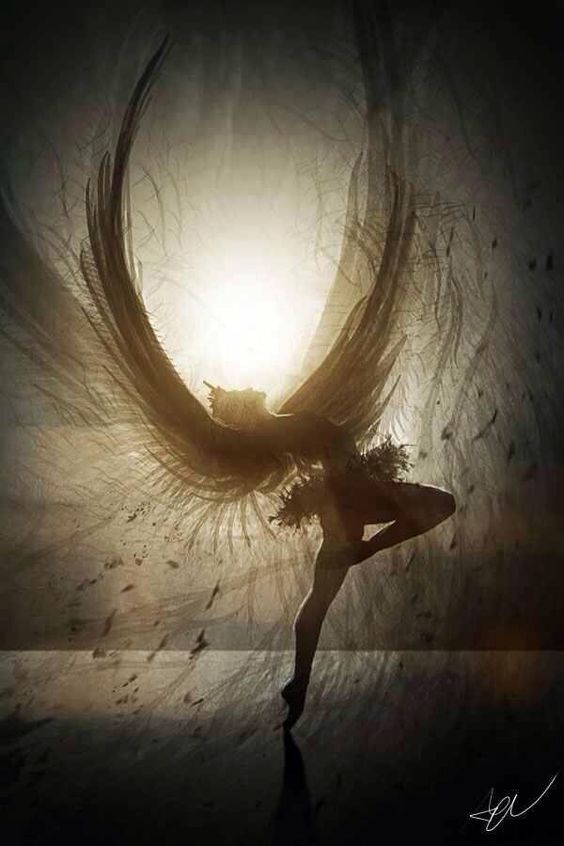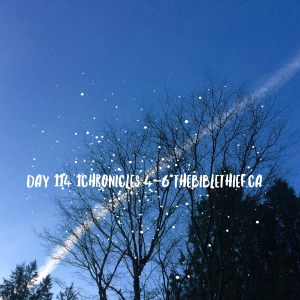
Lily Brett is a well known Australian/New York/Jewish writer, born in Feldafing displaced persons camp, Bavaria in 1946 after her parents, Polish Jews, were released from Auschwitz concentration camp. She grew up in Carlton (Melbourne), attending University High, reported for the Australian pop magazine Go-Set from 1966-68, and moved to New York in 1989 (Wiki).
This is all relevant, as Lola Bensky starts out as a nineteen year old reporter in London for an Australian music magazine, reflecting on her uncommunicative parents’ experience of the Holocaust in between interviewing all the famous names of 1960s London pop culture; marries, divorces, remarries, has children, moves to New York to live. Lives all the time with a type of PTSD arising out of the horrors experienced by (especially) her mother.
I enjoyed the 1960s parts of the book, all the name dropping, interviewing Jimi Hendrix; interviewing Mick Jagger, being invited by Jagger to have a cup of tea with Paul McCartney; then hanging out in New York with Lillian Roxon, “the other fat Australian journalist, as Linda Eastman had so bluntly put it”; being introduced to, and not liking, Jim Morrison. All the time through the prism of her love for her parents and her experience of their horror, and of all the absences, the grandparents, aunts and uncles and cousins who didn’t survive.
Eastman, from upper-crust Scarsdale, has a Jewish father “who really wanted nothing to do with his Jewishness”.
Even if they had wanted to, Renia and Edek [Lola’s mother and father] would not have been able to discard their Jewishness, Lola thought. Their anguish, their sadness, their wariness was as clear as if it had been printed on them and illuminated and enlarged.
Two years later, when Lillian rings Lola to say that Linda is going to marry Paul McCartney, Lola’s first thought is, “Anyone who could spread her legs that wide could probably get anyone they wanted.”
I enjoyed the rest of the book too, but the first part could have been expanded into an interesting grunge/coming of age novel on its own – and maybe it has, I’m not familiar with Brett’s other work.
We step through the stages of Lola Bensky’s life – 20,30,50,60. At 30 she is married to Mr Former Rock Star in Melbourne, after an awkward ‘mixed’ wedding:
The Jews were too loud. Too emotional. And too obsequious to the Church of England crowd. There was also a lot of kissing from the Jews. And too much kissing for the non-Jews.
They have a son and a daughter, Mrs Gorgeous, but Lola falls in love with someone else, Mr Someone Else, an artist, and moves with him to New York.
Twenty one years later, Lola is lunching with the editor for her new book The Ultra-Private Detective Agency. We digress into the book and its characters for a while. Needlessly, probably. Her mother has died.
Lola had cried for weeks and weeks after Renia died. She didn’t know she would be crying for Renia for the rest of her life. Lola missed her mother. She missed the mother she had and the mother she didn’t have.
Lola understands why her parents couldn’t always be there for her, I’m sure this book is part of Lily Brett’s working her way through to an understanding. At one point, discussing that Lola’s parents had trouble ‘hearing’ her, she writes:
It would take Lola many years to understand that Renia wouldn’t answer questions. that Renia was terrified of questions. And terrified of answers.
Lola’s parents were unable to live in the present. Mrs Gorgeous for instance is the image of Renia’s niece, nine-year-old Hanka, who with her mother was separated from Renia and Edek on arrival at Auschwitz, into the line for, though they didn’t know it, the gas chambers. And Lola must live, not in the past with them, but in a present where the past is always present too.
To be honest, I avoid Holocaust books. Like every other person in the western world I know it happened, and in a general sense, what has happened since. But Brett says that Australia has the highest proportion of Holocaust survivors of any country in the world, so the Holocaust is an Australian experience too. I’m still not sure I want to know more about it – factual or fictionalized – but I found this ‘memoir’ profoundly moving.
Lily Brett, Lola Bensky, Hamish Hamilton (Penguin), Melbourne, 2012
see also Kate W’s review at booksaremyfavouriteandbest (here)
Advertisements Share this:




